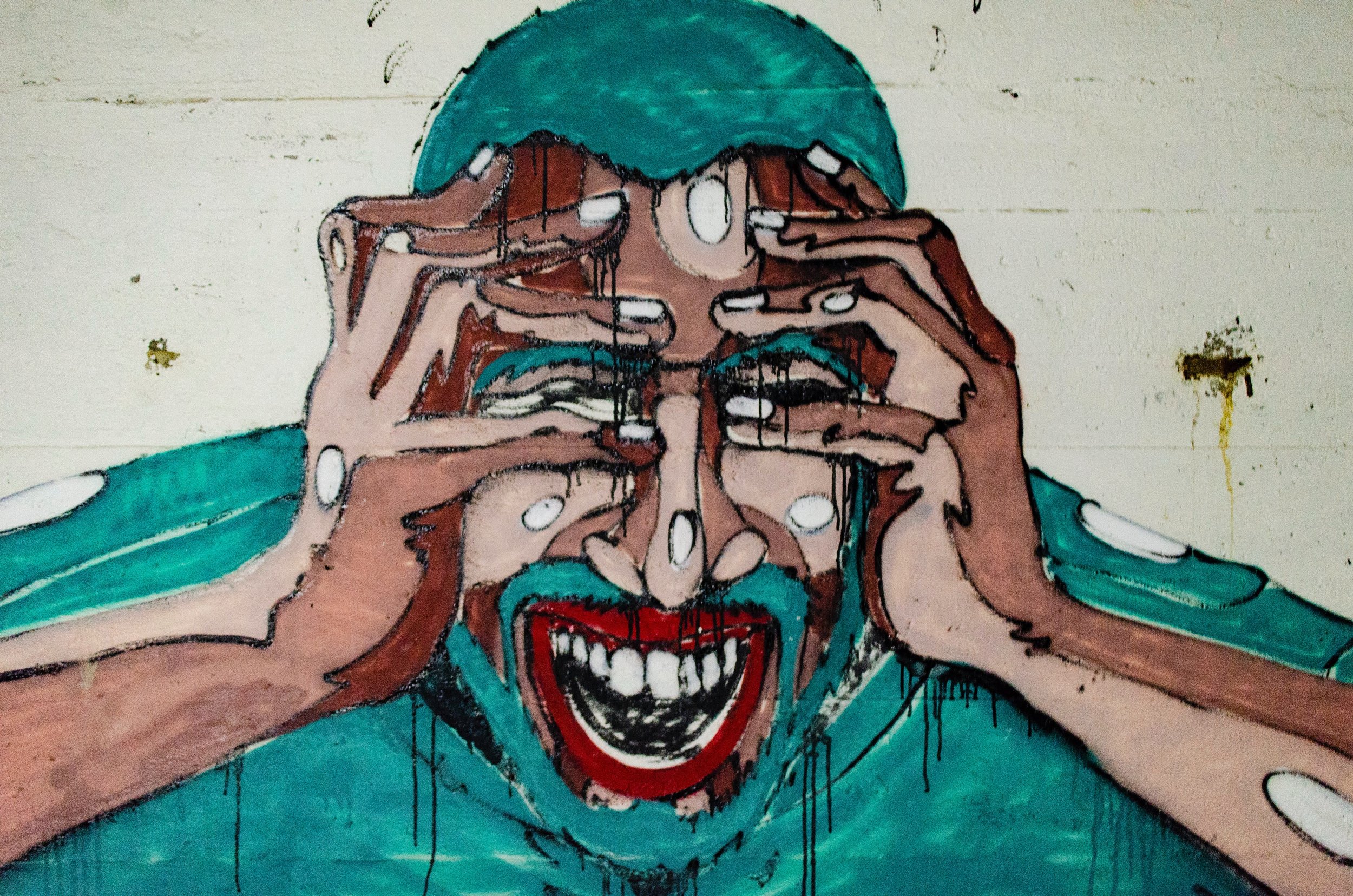Image by Aarón Blanco Tejedor on Unsplash
Nowadays, trauma may seem like an overused word, one which could provoke emotional responses such as apathy or empathy fatigue. It’s important though to recognise that ‘trauma’ is a subjective experience, and we all have a very different journey with our experiences.
Despite our feelings about trauma, understanding it gives us insights into how our body and mind – our feelings, emotions, thoughts and behaviours, can be affected by negative experiences. It gives us a better chance to heal, work with our trauma responses, and build more meaningful connections, so that we can lead a more fulfilling life.
Let us first look at big ’T’ trauma. This type of trauma involves life-threatening, intense experiences. Imagine natural disasters, physical or sexual abuse, war or combat situations, witnessing deaths, or major accidents.
Small ‘t’ trauma is almost the opposite of that. It’s a non-life-threatening event or series of events, but it’s highly distressing and can cause deep emotional pain. It can also be an absence of our core human needs over a prolonged period, such as the absence of security and stability, love and connection, acceptance and respect.
Repeated small ’t’ trauma can be seen as a complex type of trauma. It’s like the phrase, ‘death by thousand (paper) cuts’ – the cut is small, but it’s painful, and lots of it can do us harm over time.
It’s the kind of trauma that gets imprinted within us, particularly when we don’t have a healthy support system to help us be with our emotions and process our experiences. The lack of visible threat to life could mean we don’t see or realise the weight of our experiences, and we may push them aside.
When we think of the two types of trauma, small ’t’ trauma may seem insignificant. It often gets overlooked or minimised – “It wasn’t that bad, no one died or was seriously injured.” Still, the impact of repeated small ’t’ trauma, particularly during childhood can negatively affect our adulthood in many ways.
It’s common for children who have experienced prolonged emotional distress, including emotional neglect, to have distorted worldviews and beliefs about themselves. They would most likely go on to develop unhelpful coping strategies, and they may experience physical/emotional and relationship issues in later life.
Childhood Emotional Neglect (CEN) is a particularly tricky one. It isn’t just about what happened, but also about what was missing in a child’s life, and their emotional needs may not have been met for various reasons. The absence of attention, affection, acceptance, and affirmation can be overwhelming to a child. This can affect their sense of self, and the development of their brain and nervous system, which can cause issues with emotional regulation.
Often children would use the limited resources they have to try and make sense of their world, and adapt to their surroundings to survive and get what they need. This can be unhelpful in the long run, as they may not have a clear and helpful narrative to explain their feelings and experiences. A consistent support system is vital to a child’s development of the ‘self’, and to help prevent them from internalising and personalising the negative experiences.
Childhood Emotional Neglect isn’t always about the lack of love, but it’s the lack of the inner sense of safety, belonging, and positive connections. It can lead to a broad range of personal and relational issues, and it can cause us to be more prone to negative emotions like anxiety, guilt, shame, anger or disconnection.
I remember having a pet parrot when I was a small child… named Parrot! As an only child at the time, he was like a brother to me. When he escaped from his cage and flew away, I cried so hard it hurt. I called out after him, “Brother Parrot, come back, don’t leave me!” I know now that he was a young bird and he wanted to fly and be free, he didn’t want to be stuck in a cage. But at the time, I was deeply upset, it felt like he was leaving ‘me’.
This painful experience was further compounded when my childhood took a turn, and I was met with more experiences of rejection and abandonment. I developed emotional and behavioural issues, such as anger issues and risky behaviours, which led to further rejections and feelings of guilt and shame. I internalised and personalised my experiences, and later developed different coping mechanisms which were unhelpful in my adult life for a long time.
So you can imagine how a negative experience can latch on to another, particularly if we had a difficult childhood… or a childhood that looks so perfect that we don’t feel there’s room for mistakes or differences. The cuts just keep getting deeper if left unattended. It took time to slowly process my thoughts, feelings, and experiences. It took energy to unlearn a few things, reframe how I saw myself and the world, and begin to heal.
Small ’t’ trauma may look like:
-
Abandonment
-
Being bullied, public shaming or punishing
-
Betrayal
-
Being highly/regularly criticised, dismissed or minimised
-
Emotional abuse
-
Emotional neglect
-
Family issues, unsupportive/unstable environment
-
High mobility (when you move around a lot)
-
Long-term ill health
-
Loss and bereavement, e.g. loss of loved ones or a pet, loss of stability, breakup of close relationships
-
Prolonged exposure to stress
Small ‘t’ trauma may manifest itself as:
-
Addictive/risky behaviours
-
Anger issues
-
Anxiety issues
-
Avoidance behaviours
-
Difficulties building and maintaining meaningful relationships
-
Lack of self-esteem and self-worth
-
Overthinking
-
People-pleasing
-
Perfectionist tendencies
-
Poor boundaries
-
Rescuing behaviours
-
Victim mentality
Fighting or denying our wounds would only cover them up, when what we really need to do is to tend to the wounds, so that they can heal with minimal scarring. Validating our experiences is the first step of healing from small ‘t’ trauma. Validation leads to acceptance, and that’s the place where curiosity and compassion can grow.
Do you recognise any of these in yourself or someone you know? What are you thinking and feeling about small ‘t’ trauma?
If you’re noticing a pattern that’s negatively impacting your life now, it doesn’t have to stay that way. We can work through it and begin to heal and create an inner sense of safety again. Please get in touch for a free 15-minute introductory chat.



